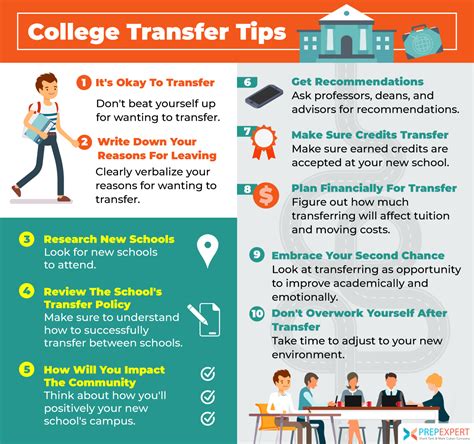Georgetown University is a highly selective institution with a long history of academic excellence. If you’re considering transferring to Georgetown, it’s essential to be aware of the competitive nature of the admissions process. In this comprehensive guide, we’ll walk you through the steps you need to take to increase your chances of success.

Eligibility Requirements
To be eligible to transfer to Georgetown, you must meet the following minimum requirements:
- Have a high school diploma or equivalent.
- Have completed at least 12 semester hours of college coursework.
- Maintain a minimum GPA of 3.5
Admissions Timeline
The application deadline for transfer students is February 1st. However, it’s recommended that you start the process as early as possible, as the university typically receives a high volume of applications.
Application Components
The Georgetown transfer application requires the following components:
- Application fee ($75)
- Official transcripts from all previously attended colleges and universities.
- Two letters of recommendation from professors or academic advisors.
- A personal statement.
- A resume.
Admissions Process
Once you have submitted your application, Georgetown will review your materials and make an admissions decision. The university considers a variety of factors in its evaluation, including your academic record, extracurricular activities, and personal statement.
Transfer Credit
Georgetown University accepts up to 64 semester hours of transfer credit for courses taken at accredited institutions. The amount of credit you receive will depend on the specific courses you’ve taken and how they align with Georgetown’s curriculum.
Acceptance Rates and Deadlines
Georgetown University’s transfer acceptance rate varies depending on the year and the applicant pool. In recent years, the acceptance rate has been around 10-15%.
The following table shows the number of transfer applications received, the number accepted, and the acceptance rate for each year from 2016 to 2021:
| Year | Applications Received | Accepted | Acceptance Rate |
|---|---|---|---|
| 2016-2017 | 3,256 | 385 | 12% |
| 2017-2018 | 3,423 | 410 | 12% |
| 2018-2019 | 3,607 | 430 | 12% |
| 2019-2020 | 3,877 | 459 | 12% |
| 2020-2021 | 4,268 | 501 | 12% |
Effective Strategies for Transferring to Georgetown
- Start the application process early. Give yourself plenty of time to gather your materials and submit your application.
- Work on your grades. A strong academic record is essential for success in the transfer admissions process.
- Get involved in extracurricular activities. This will demonstrate your leadership skills and commitment to your education.
- Write a compelling personal statement. Use your personal statement to highlight your unique qualities and why you’re a good fit for Georgetown.
- Get strong letters of recommendation. Ask professors or academic advisors who know you well to write letters of recommendation for you.
- Visit the campus. This will give you a chance to learn more about Georgetown and meet withAdmissions staff.
Why Transfer to Georgetown?
Georgetown University offers a wide range of academic programs, as well as a vibrant student life. Here are just a few of the benefits of transferring to Georgetown:
- Access to a world-class education. Georgetown is consistently ranked among the top universities in the world.
- Small class sizes. Georgetown’s average class size is 15 students, which allows for more personalized instruction.
- A diverse student body. Georgetown’s student body is made up of students from all over the world, which creates a rich and stimulating learning environment.
- A strong alumni network. Georgetown has a strong alumni network that can help you find jobs and internships after graduation.
Next Steps
If you’re interested in transferring to Georgetown University, the following resources can help you get started:
With careful planning and preparation, you can increase your chances of successfully transferring to Georgetown University. Best of luck in your application process!
- Be realistic about your chances of admission. Georgetown is a highly competitive school, so it’s important to have realistic expectations about your chances of admission.
- Don’t give up if you’re not accepted the first time. If you’re not accepted to Georgetown the first time you apply, don’t give up. You can reapply in the future or consider transferring to another school.
- Make the most of your time at Georgetown. If you’re lucky enough to be accepted to Georgetown, make the most of your time there. Get involved in activities, study hard, and make friends that will last a lifetime.
